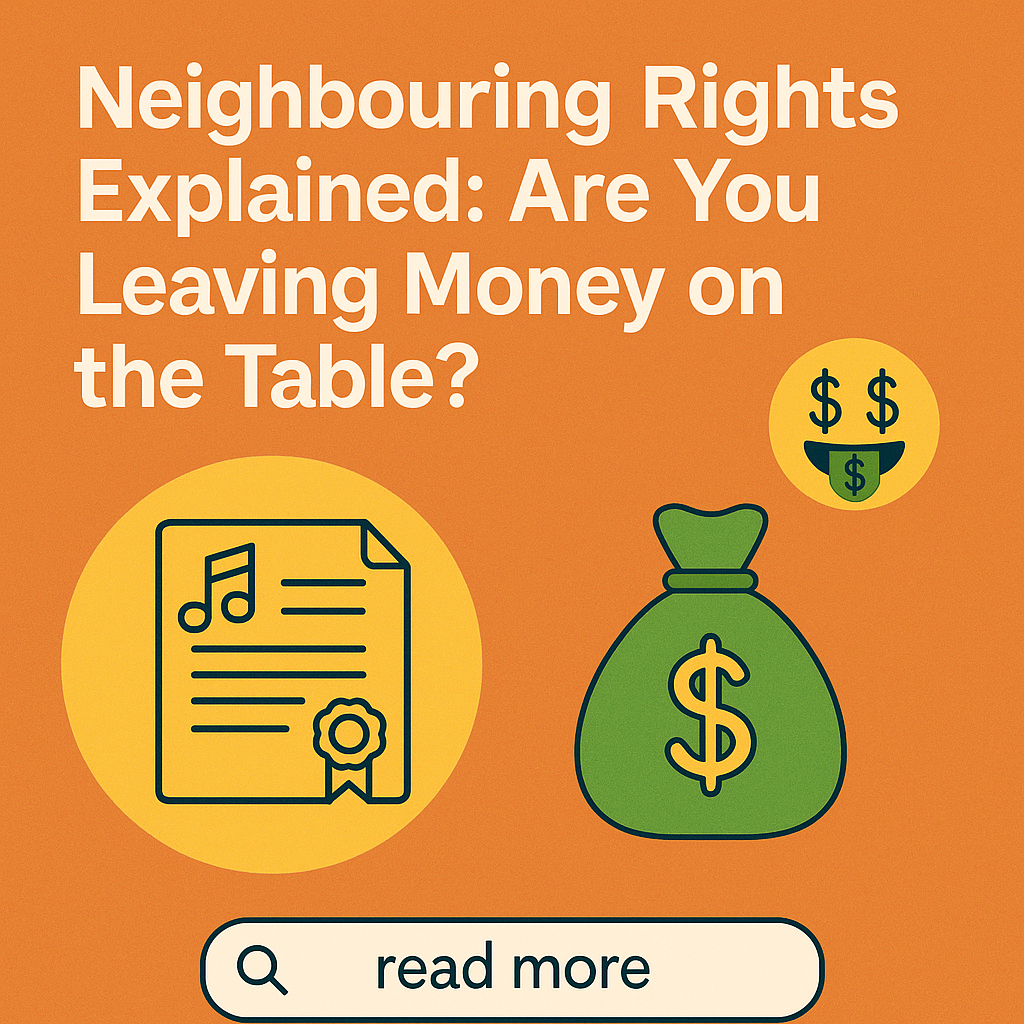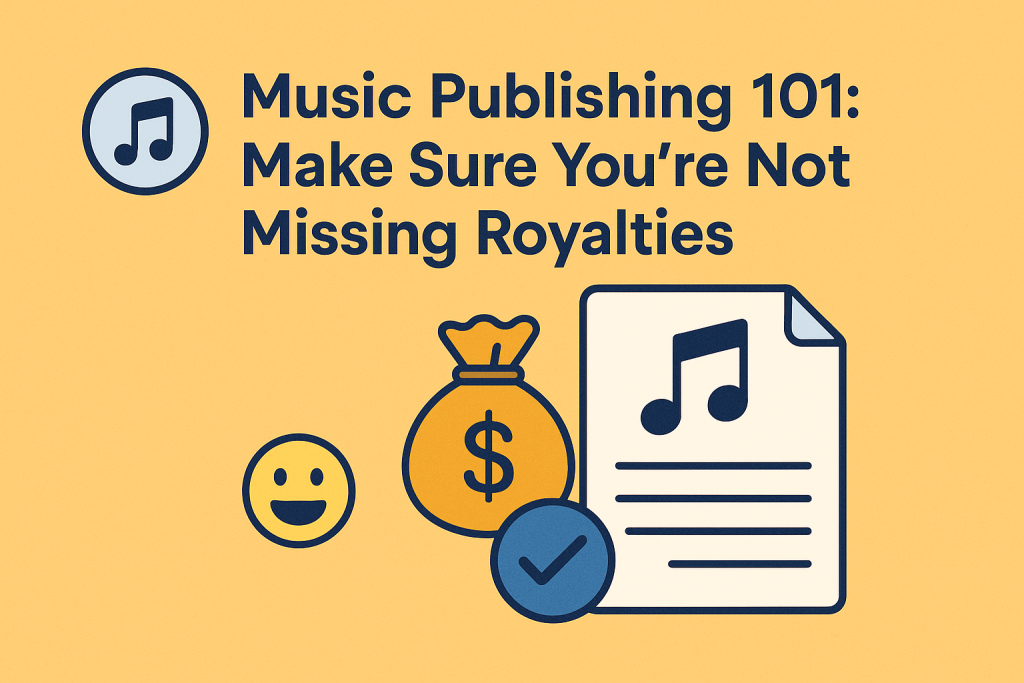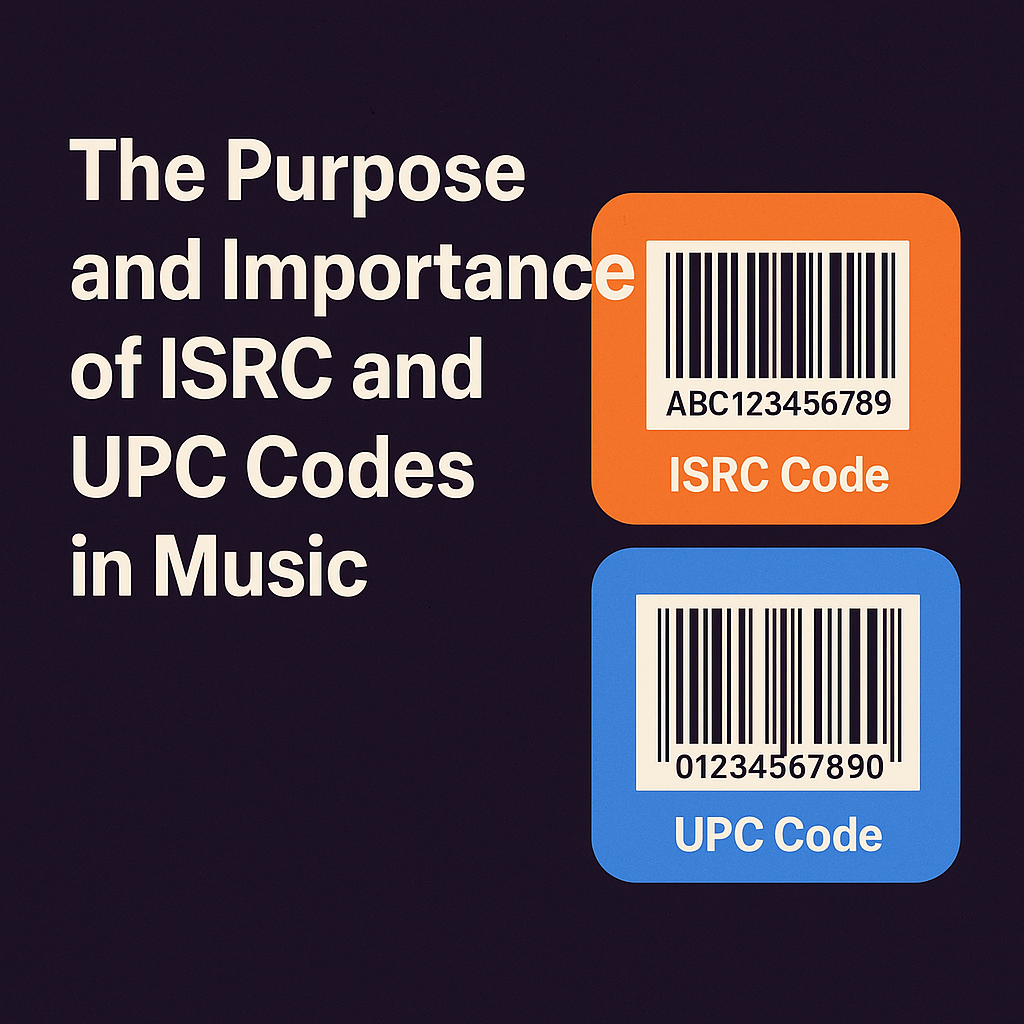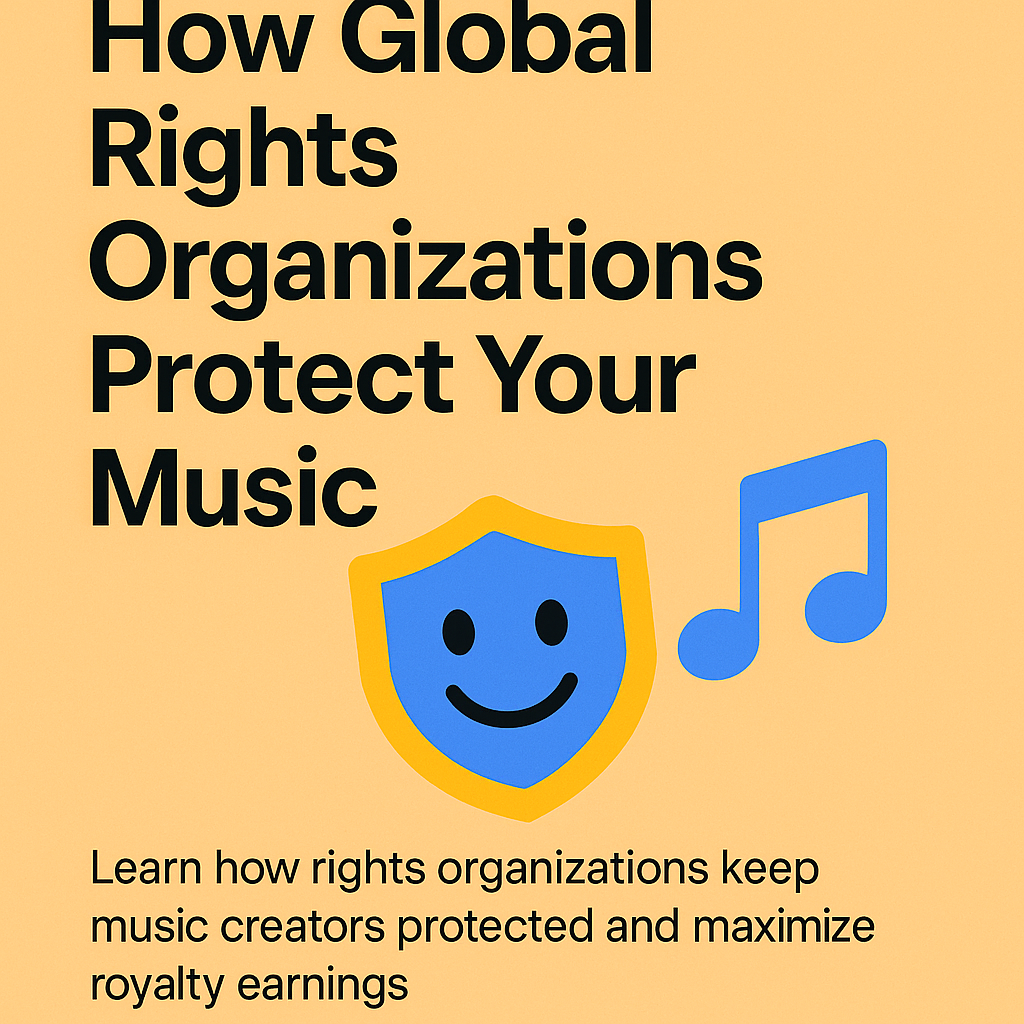Introduction
If you’re a music artist, producer, or performer, there might be money out there with your name on it—literally! 💰 It’s called Neighbouring Rights. Sadly, many creatives are unaware they’re entitled to this revenue stream. Let’s fix that.
🎤 What Are Neighbouring Rights?
Neighbouring Rights are performance-related rights given to performers and recording owners. Unlike publishing rights (which cover the songwriter or composer), neighbouring rights are for:
- Performers: singers, musicians, background vocalists 🎙️
- Master rights owners: labels or independent artists who own the recording 🎛️
So every time your song is played publicly—on the radio, in a café, or on TV—you could be earning royalties from neighbouring rights.
🧩 How Do Neighbouring Rights Work?
Here’s the fun part. When your track is publicly performed or broadcasted:
- Usage is tracked by collection societies like PPL (UK), SoundExchange (USA), GVL (Germany), etc. 📻
- They collect royalties from businesses, broadcasters, and platforms.
- If you’re registered, they’ll pay you your share. If you’re not registered… that money is never claimed. 😬
🚫 Are You Missing Out?
Yes, if:
- You haven’t registered your recordings with a neighbouring rights society.
- You didn’t assign proper performer or rights holder info in your metadata.
- You didn’t claim international rights (many royalties go unclaimed due to lack of global registration).
✅ Why Register for Neighbouring Rights?
✨ Protect Your Performance Rights
✨ Unlock Global Royalties
✨ Support Your Long-Term Music Income
✨ Let your work pay you back—over and over again!
This isn’t just passive income—it’s earned income waiting for you!
🔑 How to Register for Neighbouring Rights?
- Own your master (or know who does).
- Sign up with a collection society in your country (e.g., SoundExchange, PPL).
- Submit:
- Track info (title, ISRC) 🧾
- Performer roles (main artist, background, producer)
- Release date, label name, etc.
💡 If you’re distributing music via Allot Lines, make sure your metadata is complete—this helps everything from royalties to discoverability.
📈 Boost Your Revenue With Metadata
Did you know? Incomplete metadata = uncollected royalties.
When releasing a track:
- Add your ISRC code and credit all performers 🎼
- Confirm your ownership or performance role
- Register the work with a neighbouring rights society
Don’t let your hard work fade into silence 🔇 when it could be bringing in extra 💵.
🌍 Want Global Reach?
Many artists only collect domestic royalties. But neighbouring rights can be claimed worldwide—if you’re registered through the right channels or with global admin services. Consider services that collect in multiple territories 🌐.
👣 Final Thoughts
Neighbouring Rights aren’t just an industry term—they’re a valuable income stream. Whether you’re an indie artist or signed to a label, registering and managing your rights is essential.
Don’t leave money on the table. Instead, collect what’s yours and let your music work harder for you! 💼🎶






